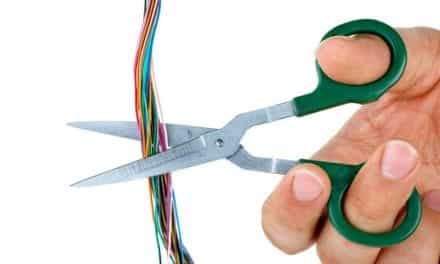Last Updated: 2008-03-26 10:32:47 -0400 (Reuters Health)
NEW YORK (Reuters Health) – The worsening of symptoms among incontinent women in midlife is not attributable to the menopausal transition but to weight gain, according to findings published in the March issue of Obstetrics and Gynecology.
Cross-sectional studies have found a higher prevalence of urinary incontinence in women aged 45 to 55 years, coinciding with the menopause transition, note Dr. L. Elaine Waetjen, of the University of California, Davis, and colleagues. "This incontinence prevalence increase in midlife has been explained, in part, by the development of urogenital atrophy associated with estrogen loss around menopause."
The researchers examined the validity of that explanation in an analysis of data from 2415 women who reported monthly or more incontinence at baseline and during the first six annual follow-up visits (1995 to 2002) of the Study of Women’s Health Across the Nation, a prospective cohort study.
Worsening was defined as a reported increase in the frequency of incontinence, and improving was defined as a reported decrease in frequency of incontinence between annual visits. Questions assessing menstrual bleeding patterns were used to classify the menopausal status annually of women not taking hormone therapy.
Overall, 14.7% of incontinent women reported worsening of incontinence over 6 years. Improvement was reported by 32.4% of women, and no change in the frequency of symptoms was reported by 52.9%.
Compared with premenopause, the perimenopause and postmenopause periods were not associated with worsening incontinence. An association was observed between early perimenopause and improvement (odds ratio 1.19), and between postmenopause and less worsening of incontinence (OR 0.80).
"Meanwhile, each pound of weight gain increased odds of worsening (OR 1.04) and reduced odds of improving (OR 0.97) incontinence," the investigators report.
"Many women and clinicians have believed urinary incontinence to be a symptom attributable to the menopausal transition, but our results suggest that the transition from pre- or early peri- to postmenopause has either no effect or possibly a weak positive effect on changes in the frequency of incontinence symptoms in midlife women," Dr. Waetjen and colleagues conclude. "Instead, other modifiable factors such as weight gain and changes in weight distribution may account for any worsening in incontinence symptoms noted during this life stage."
Obstet Gynecol 2008;111:667-677.
Copyright Reuters 2008. Click for Restrictions




